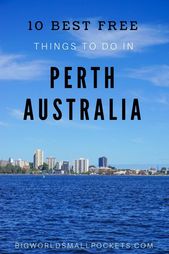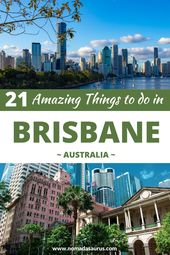Tourists generally recognize Aruba as a go-to destination for its stretches of sandy beaches and near-perfect tropical climate, but many fail to realize that it’s also a universal hub for one of nature’s most versatile healing and beauty agents: aloe vera.
Used to treat every ailment under the sun from psoriasis to (literal) sunburn, aloe vera has been a staple in consumer households – and Aruba’s economy- for generations. Though the aloe vera plant species is indigenous to Africa, it first appeared in Aruba in the mid-19th century and quickly became the island’s hottest chip in the international trade market. Aruba was at one point the world’s largest exporter of aloe vera, dedicating two-thirds of the country’s real estate to growing the cash crop, which thrived in the island’s desert-like conditions.
Though aloe vera has since been replaced by tourism and offshore banking as an economic lynchpin in Aruba, the island’s oldest company remains tied to the plant: Aruba Aloe. The company, founded in 1890, today boasts a popular tourist attraction with the Aruba Aloe Museum and Factory in Hato, which offers free tours of the brand’s fields and factory to visitors.
The health and beauty benefits of aloe vera have long been recognized, dating back to ancient times and influencing cultures far beyond Aruba’s shores. Historians have cited legendary figures from Cleopatra to Gandhi using aloe vera for everything spanning their beauty regiments to medicinal needs.
Today, people still rely on aloe vera as an all-purpose solution to serve a number of everyday concerns. Rich in vitamins and nutrients, aloe vera offers a quick-fix remedy to nearly any health and beauty issue, and is often cited by holistic and medicinal experts for its natural healing powers.
Because of its soothing properties brought on by natural antiseptics, aloe vera is most commonly thought of to treat sunburns. Aloe is also used to relieve itching from insect bites, poison ivy, eczema and other skin ailments, as it accelerates the natural healing process. Additionally, aloe vera is an effective agent for treating scars and stretch marks since it speeds regeneration in skin cells.
Aloe’s benefits are so often tied to skin remedies that it has become the base ingredient in a majority of the skincare products currently on the market. In addition to fading scars, aloe is also used as an anti-aging agent and a powerful moisturizer used to restore skin to a more youthful and refreshed state, preventing wrinkles and promoting hydration.
Stemming from the benefits it offers, aloe vera has become a popular staple at spas and is frequently used in a number of spa treatments. Aloe is incorporated into beauty masks for face and body, offering a unique moisturizing agent that brightens skin as soothes. Aloe is also used to calm irritated skin after waxing treatments, which can leave skin red and puffy.
Aloe is widely used as a base ingredient for body wraps, a popular spa treatment that detoxifies the body for any number of desired results. Typically, the entire body is wrapped (arms, legs, torso, midsection, neck) using cloths soaked with aloe and other natural ingredients and minerals. The goal is to draw out toxins and unnecessary body fluids to make the body healthier and achieve end results ranging from softer, tighter skin to boosted metabolism to temporary weight loss.
Also a founding ingredient in many shampoos, aloe is used to treat skin and hair on the head. Aloe is commonly used to treat dry scalp conditions ranging from dandruff to psoriasis, soothing itchiness and healing flaky hairlines. Additionally, aloe is also used as an alternative to conditioner because of its ability to enrich hair with nutrients, making it appear shiny and feel soft to the touch. Salons often offer aloe scalp massages and hair masks designed to achieve all of these results.
Though aloe vera has ties to Aruba and remains a prominent part of the island’s culture and history, the basic, everyday benefits aloe offers continue to globally infiltrate the average person’s health and well-being in both reliable and innovative ways.

